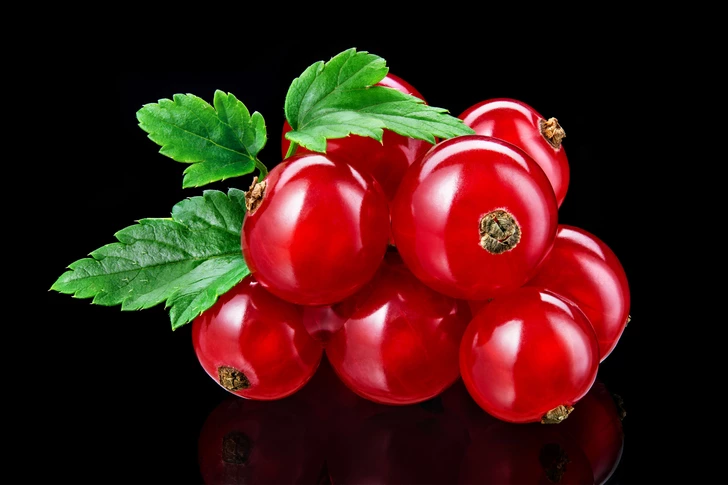Cranberries 🍒
What do you know about cranberries?

Cranberries are small, hard, round, red fruits with a flavor that many describe as both bitter and sour. They grow on vines in freshwater bogs, mostly in the northern United States and southern Canada. They're related to blueberries and wintergreen. Apart from that Cranberries are a popular “superfood,” which means they are high in nutrients and antioxidants. People consume them as is, in a sauce, as juice, or added to stuffing, casseroles, or dessert.

Learn more about cranberries now ✍
Health Benefits
-
Managing UTIs
Cranberries have played a role in traditional treatments for UTIs. The high level of antioxidant proanthocyanidins (PACs) in cranberries may help prevent certain bacteria from sticking to the urinary tract walls. In this way, the PACs in cranberries may help prevent infection.
-
Reducing the risk of cardiovascular disease
systematic review found that supplementing cranberries in the diet may help a person manage several risk factors for cardiovascular disease (CVD). These include systolic blood pressure, which is the blood pressure during a contraction of the heart muscle.
-
Slowing cancer progression
34 preclinical studies revealed that cranberries or compounds in cranberries had several beneficial effects on cancer cells in test tubes
-
Enhancing oral health
cranberries may help teeth against a strand of bacteria that leads to tooth decay.
If you don't get enough cranberries in your diet worry not because there are supplements to help you.
This page was built by Londeka Ngwekazi🤝
Email: [email protected]